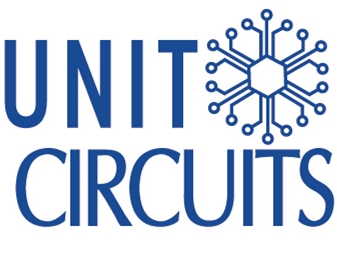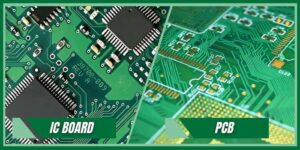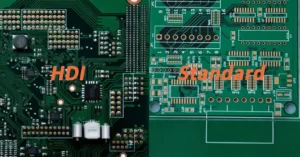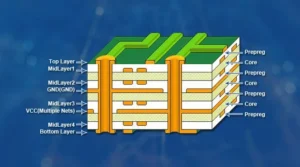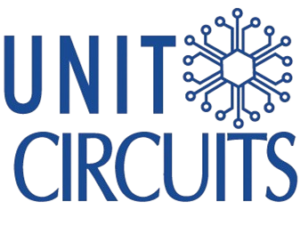Quick Leads
Understanding Electronic HS Codes for PCBA in International Trade
When it comes to international trade, it’s important to classify your goods correctly with Harmonized System (HS) codes. Not only can you get hit with penalties and fines if you get it wrong, but you can also pay too much in tariffs. For PCBA (Printed Circuit Board Assembly) manufacturers, international traders, and compliance officers, knowing how to navigate these codes is crucial for smooth customs clearance and tariff reduction.
HS Code 8534.00.00: What It Means for Bare PCBs
HS Code 8534.00.00 applies to Printed Circuit Boards (PCBs)—bare boards with conductive patterns and no mounted components. Proper classification under this code ensures that you don’t pay too much in tariffs and you don’t have any regulatory issues when you ship bare PCBs across borders.

HS Code 85389091 for Assembled PCBAs: Key Insights
For assembled electronic circuits, HS Code 85389091 is used. This code applies to electronic assemblies, including printed circuit boards that have components mounted to perform an electronic function. If you misclassify your boards, you may pay too much in tariffs, so it’s important to make sure this code matches the components on your board.

HS Code 8542 for Semiconductor Integrated Circuits
ICs are often part of PCBA. For ICs, HS Code 8542 covers “Electronic integrated circuits; parts thereof.” Proper classification under this code ensures compliance for key industries like telecommunications and computing.

How to Avoid Common HS Code Errors for PCBs
Misclassifying a PCB or PCBA under the wrong HS code can lead to delays, penalties, and higher tariffs. Here’s a quick checklist to ensure you get it right:
- Step 1: Determine if the board is bare (no components) or assembled.
- Step 2: Identify key components, such as semiconductors or other mounted elements.
- Step 3: Use a reliable HS code lookup tool or compliance software to confirm the correct classification.
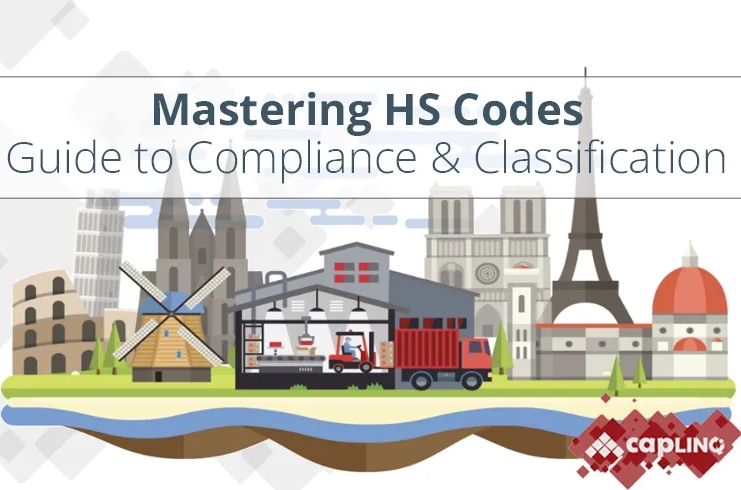
Challenges in Using HS Codes for PCBA Trade
Here are some common challenges when classifying PCBAs for international trade:
- Regional Differences: HS code interpretations can vary from country to country, so it’s hard to standardize classifications.
- Complexity: People get confused about the difference between bare PCBs and assembled PCBAs.
- Evolving Technology: New components and assembly techniques require that you have the most current HS code classifications.
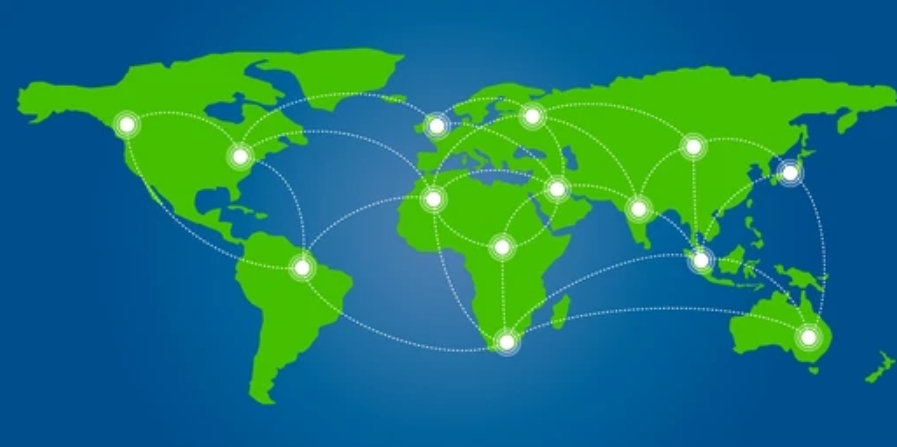
Solutions to Overcome HS Code Challenges
To mitigate challenges in HS code classification, follow these best practices:
- Leverage HS Code Databases: Use online tools like the World Customs Organization (WCO) database to find the right HS codes based on your product specifications.
- Consult Compliance Experts: If you’re not sure, talk to trade compliance specialists or customs brokers to make sure you’re right.
- Use Compliance Software: Automate your HS code classifications with software that integrates with your product catalog and helps you avoid mistakes.
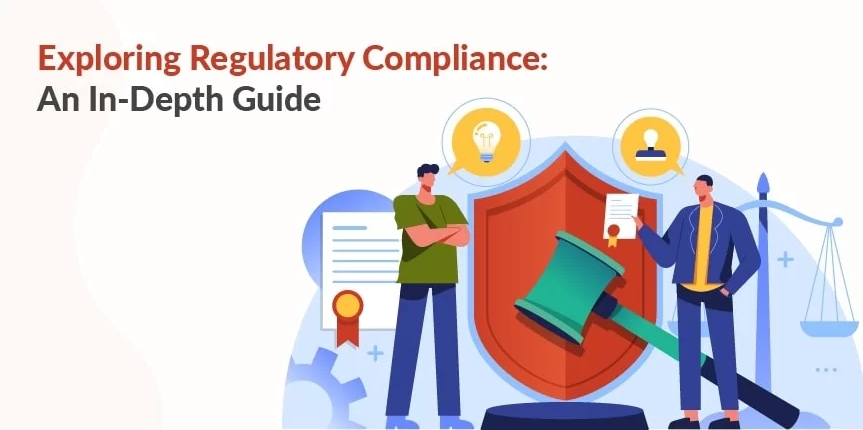
Frequently Asked Questions (FAQ)
If you get it wrong, you can have delays, penalties, and higher tariffs, so it’s important to be right.
HS Code 8534 is for bare PCBs, and HS Code 85389091 is for assembled electronic circuits with mounted components.
For PCBA exports to the USA, HS Code 8537 is common, but the specific codes can vary depending on what the assembly is for.
Limited Time Offer:
Get $100 off your order TODAY!
Claim your $100 discount now – this offer won’t last long! Today ONLY!
Don’t miss this chance to save on your next project.
[Hurry! Only 50 discounts remaining!]
 Trusted by 100+ businesses worldwide
Trusted by 100+ businesses worldwide No hidden fees – transparent pricing
No hidden fees – transparent pricing Guaranteed quality with on-time deliver
Guaranteed quality with on-time deliverOptimizing for Smooth International Trade
When you get your goods classified right with the right HS code, it makes it easier to import and export, you pay less in tariffs, and you don’t have delays.
Using compliance tools and talking to trade experts are key to getting through the complexities of PCBA classification, especially in industries like electronics manufacturing that are always changing.
Summary: Key Takeaways
Getting your HS codes right is critical for PCBA manufacturers, traders, and compliance people. If you get it wrong, you can get fined, have delays, and have tariff problems. If you use the right HS codes, like 8537 for PCBA and 8542 for semiconductor ICs, you can pay less in tariffs and get through customs easier.
If you stay informed and use tools like compliance databases or talk to experts, you can navigate international trade with confidence and not get fined.
Need help with HS code classification? Contact us today for help and make sure your PCBA shipments get through customs easily.
Request for Quote
RECENT POSTS
Understanding Ball Grid Array (BGA) Technology
In this guide, we’ll explore what BGA is, its advantages and challenges, and how it compares to other packaging types like QFP and CSP.
Continue ReadingTop 10 PCB Assembly Manufacturers in Europe
In this guide, I’m going to show you the top 10 PCB assembly manufacturers in Europe. I’ll show you who they are, what they do, and why you should consider working with them.
Continue ReadingWhat Are PCB Conformal Coatings?
Discover everything you need to know about PCB conformal coatings: what they are, the different types, how to use them, and how to choose the right one for your application. This is the ultimate guide for engineers and electronics professionals.
Continue ReadingHow to Repair Circuit Boards
Have you ever opened up an electronic device and found a circuit board that needed repair, but you didn’t know where to start? Circuit board repairs can be intimidating, especially for beginners looking to do DIY circuit board repair at home.
Continue ReadingRELATED POSTS
Leading PCBA Manufacturer
✅ Assemble 20 PCBAS for $0 ✅ Get $100 OFF – Risk-Free Trial!
✅ 100+ Satisfied Customers
✅ Ensured Quality & On-Time Delivery
✅ Free Trial, No Commitments!
